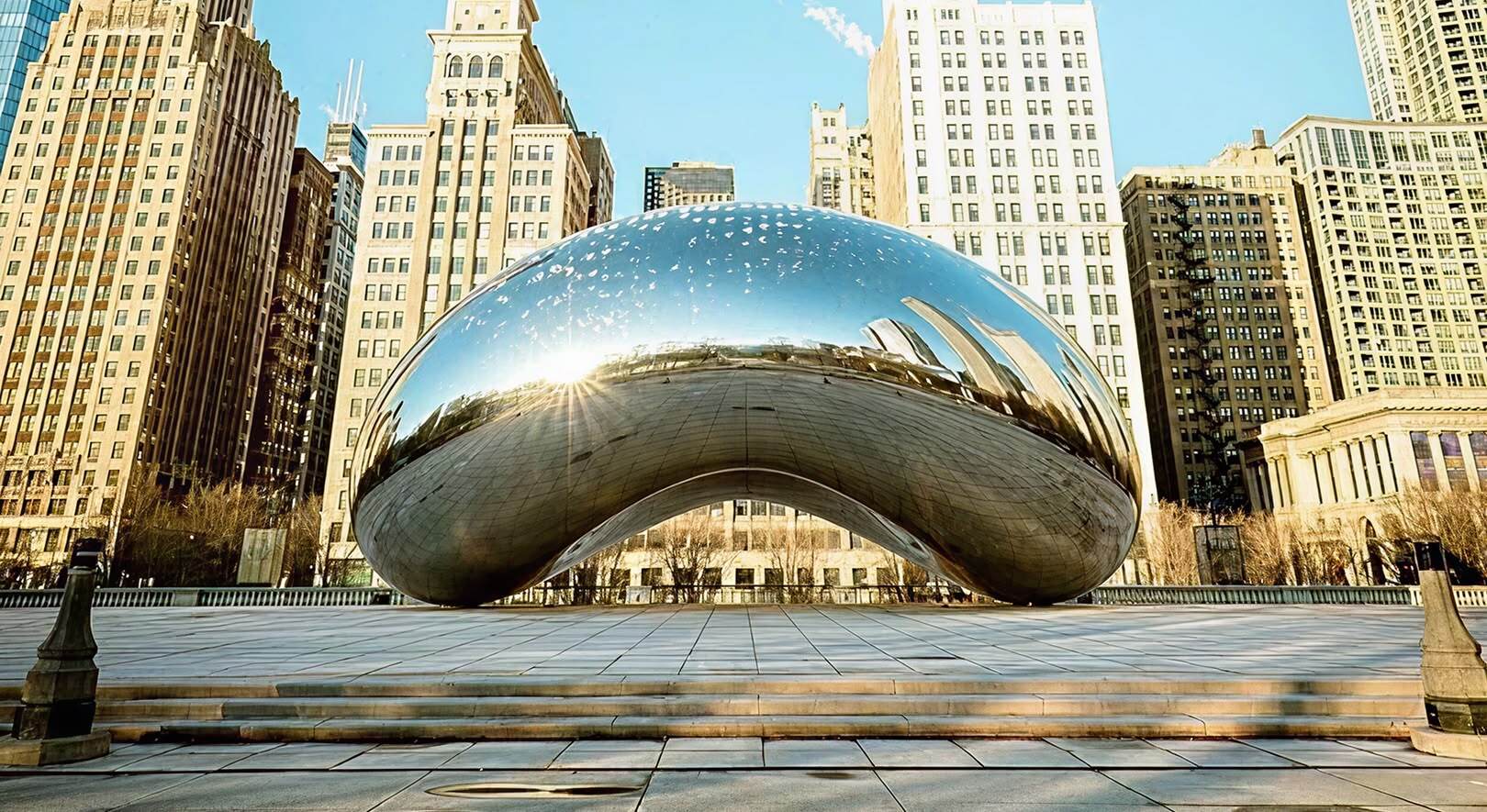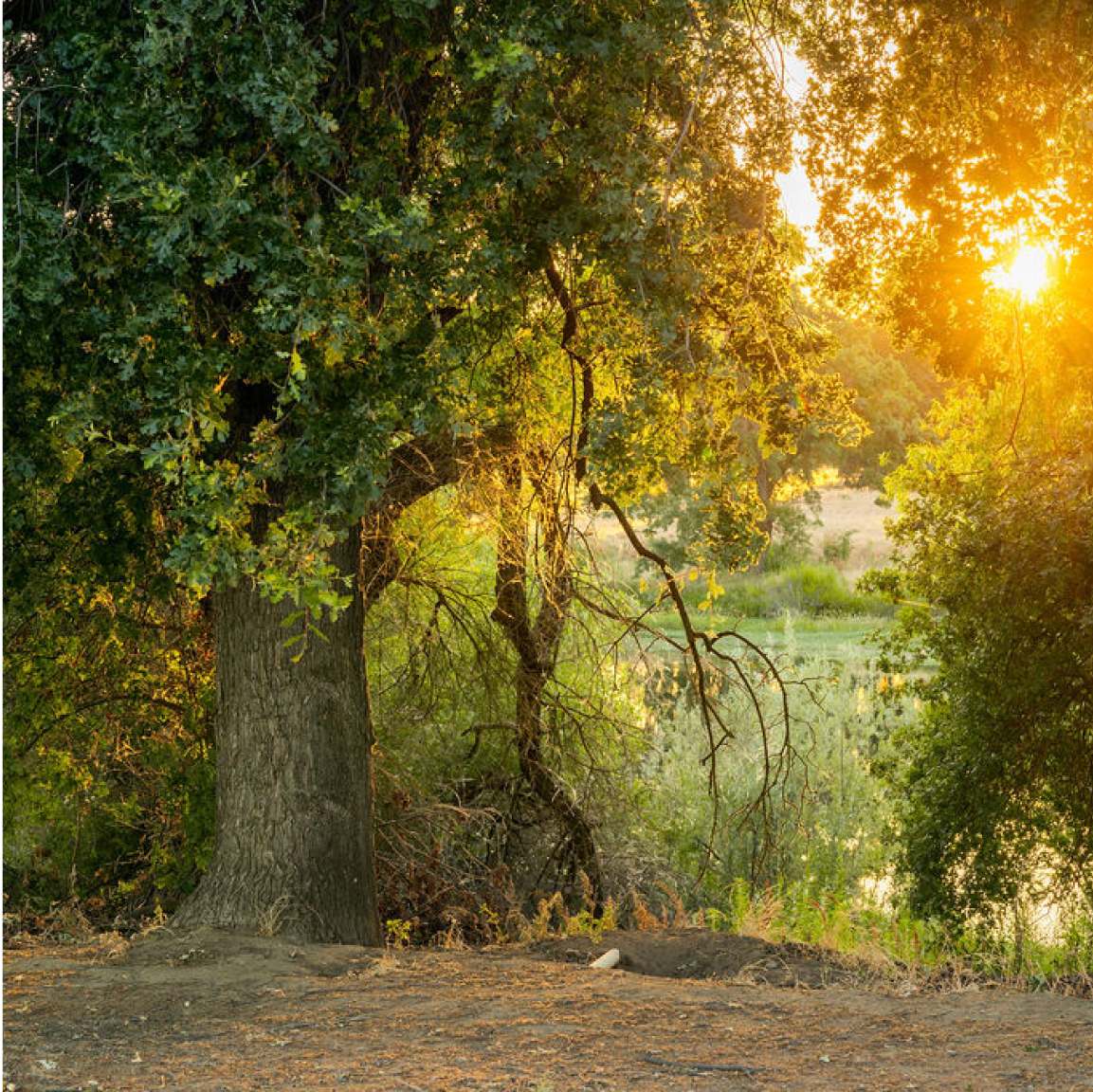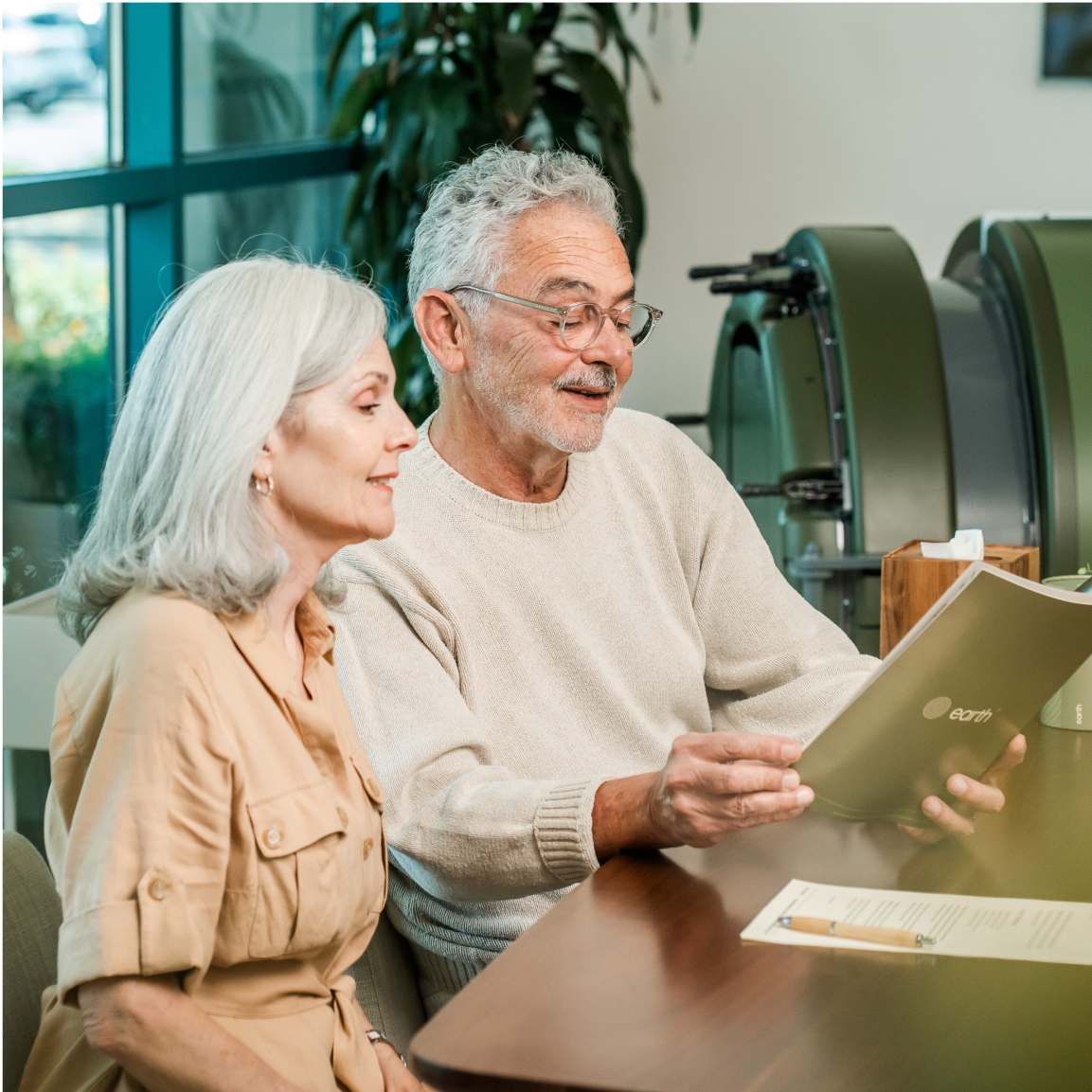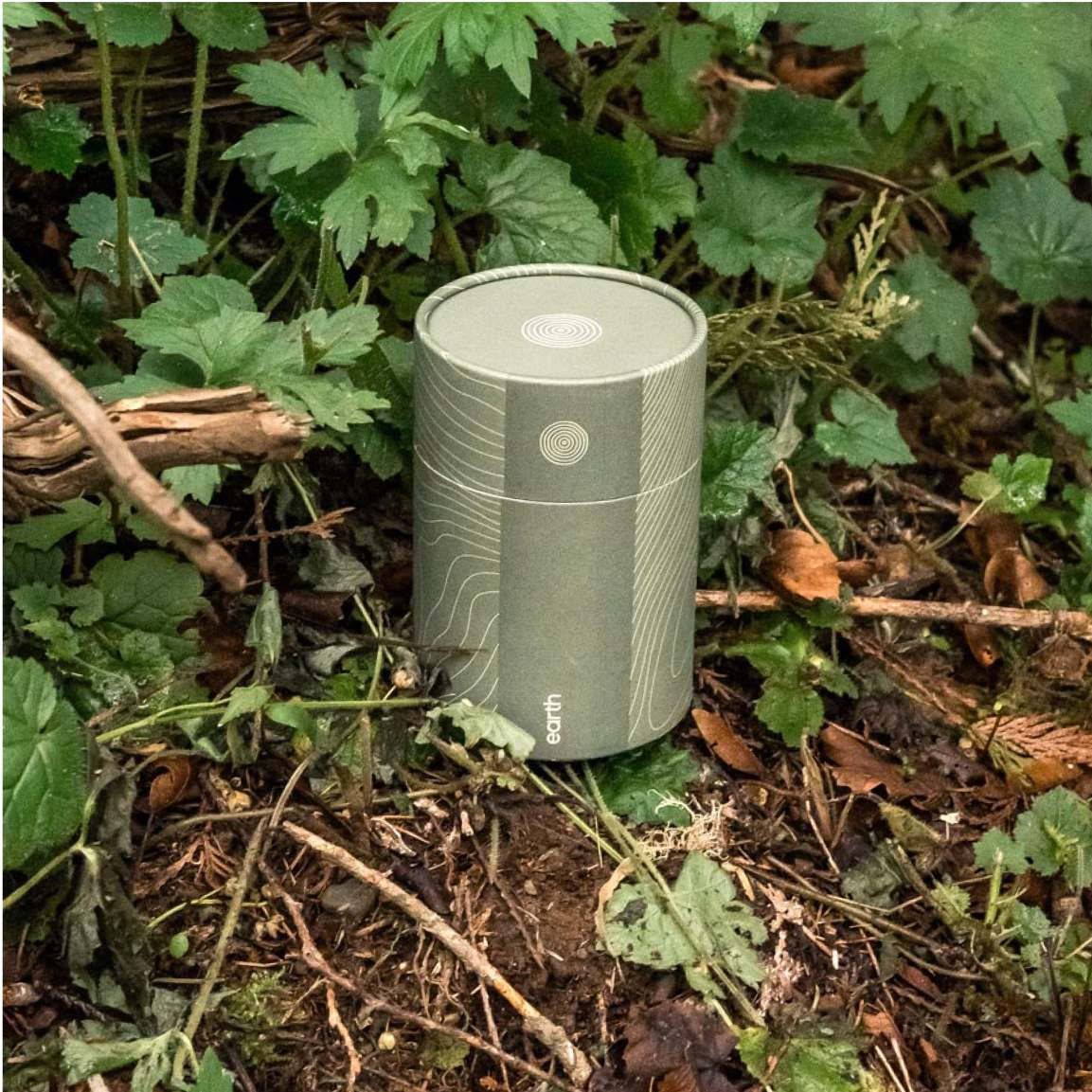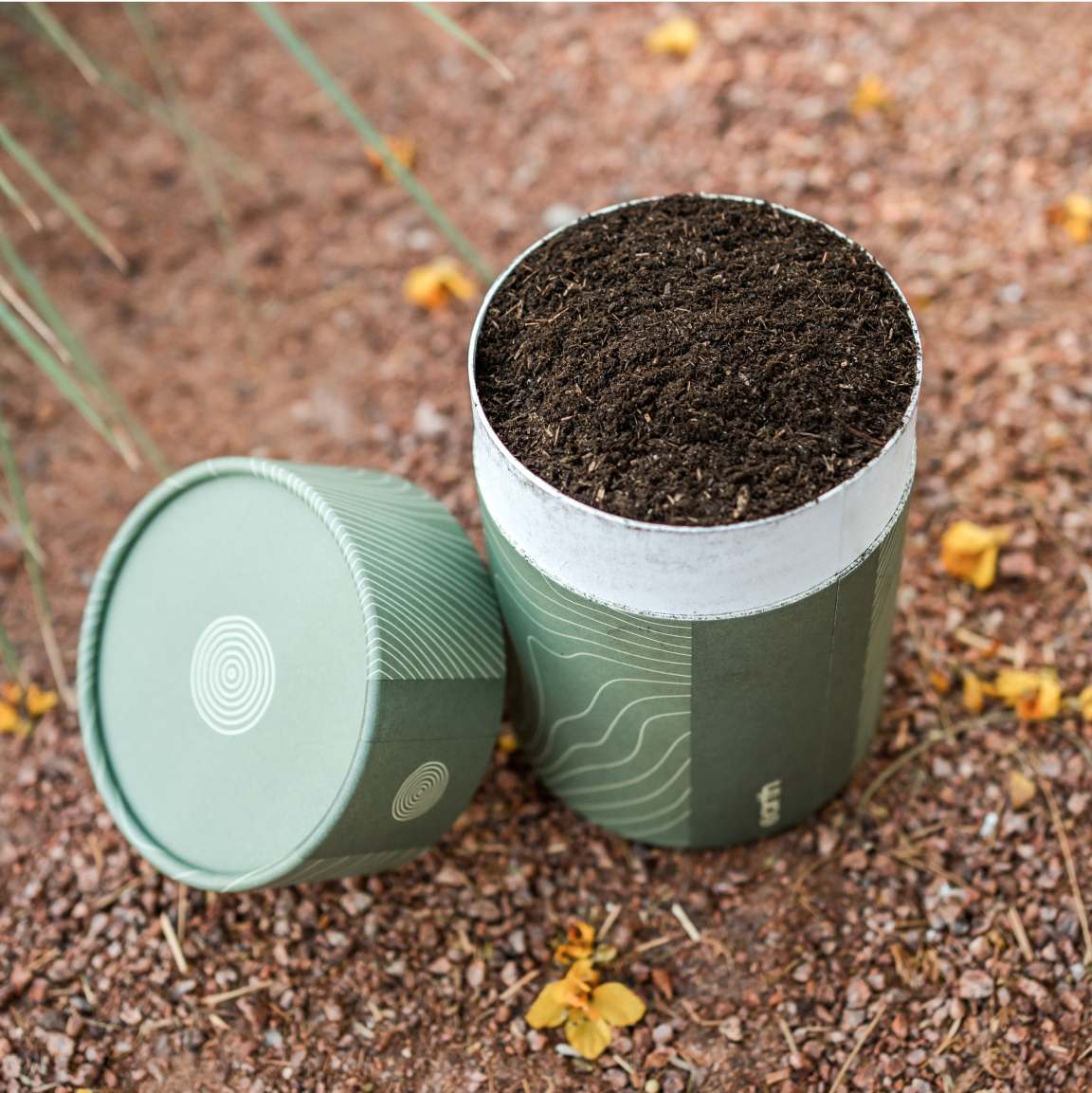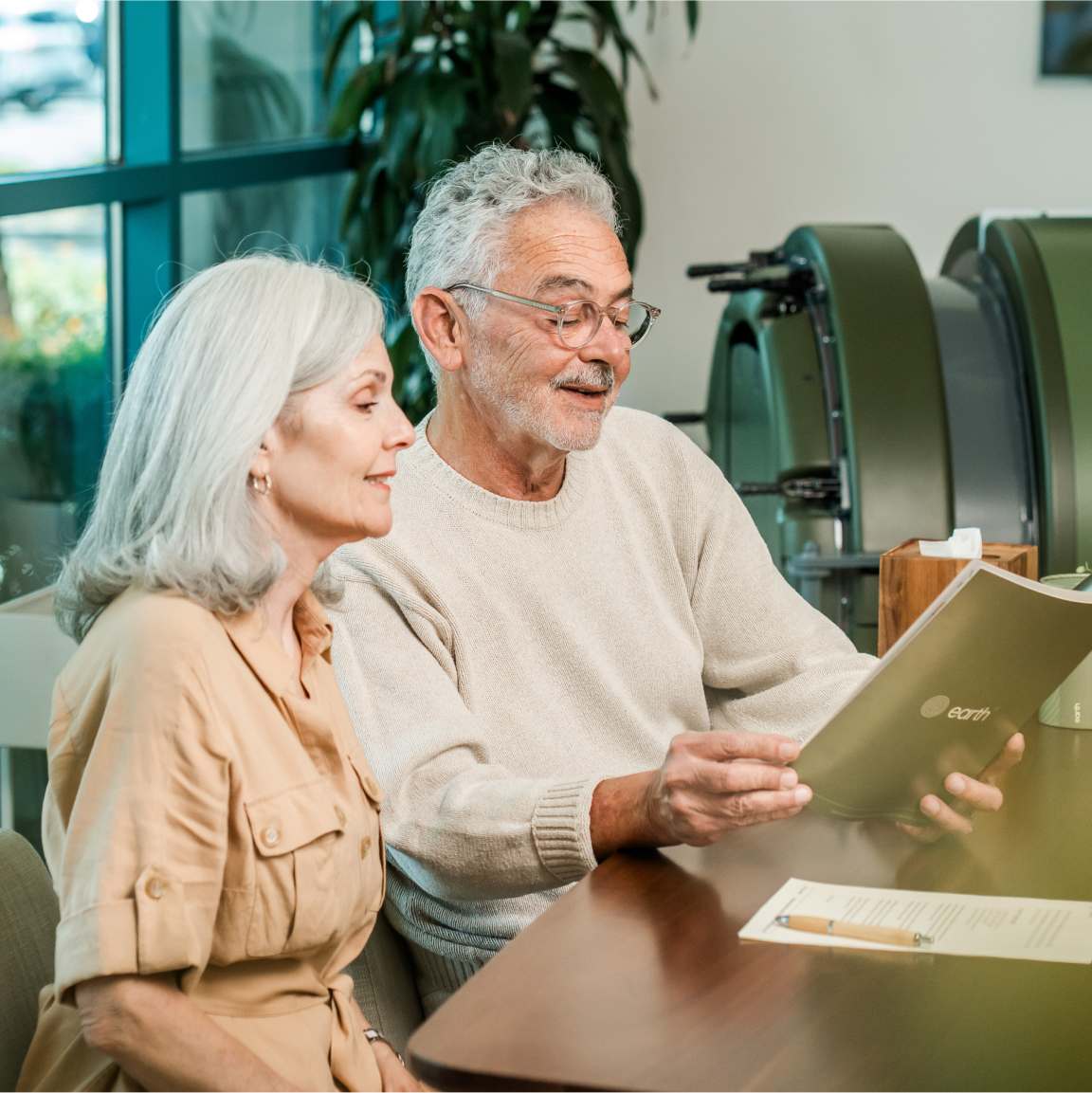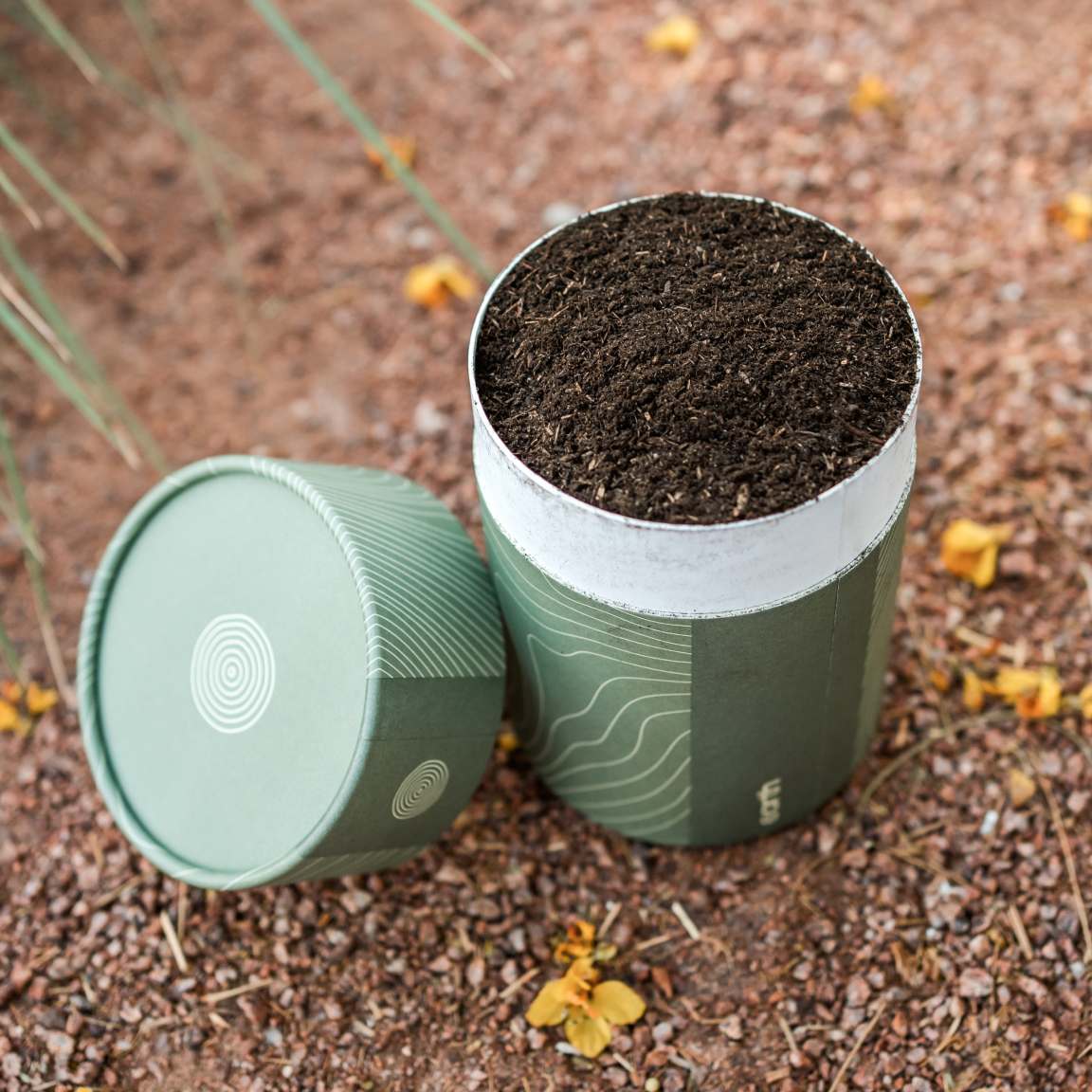
End Of Life Logistics
|
April 9, 2024
They say you shouldn’t talk about politics or religion at the dinner table. But what about death?
Planning a funeral can be a daunting emotional task. It forces you to acknowledge your own mortality and make decisions about something that hopefully won’t happen for a very long time. It can be even harder to talk about these things with loved ones.
Making end-of-life plans can also be empowering. It’s a chance to think about how you want to be remembered and what you'd like to happen to your body after you die. Planning for your death and funeral in advance is the only way to have a say in these things.
Talking to your family about your funeral can be a gift to them, even if they’re resistant. These conversations can save them from stressful decision-making in the future. If you choose to prepay for your funeral, it can also save them financially.
Funeral planning in advance is even more important if you want something outside the realm of traditional funerals, like a green funeral or soil transformation.
Preparing for a Conversation About Your Death and Funeral
Before you talk to anyone about your death and funeral wishes, you’ll need to have some difficult conversations with yourself.
`Thinking about your own death can feel sad, scary, and unnatural. Most of us exist in cultures that are squeamish about death and dying. It’s something to avoid and fear rather than a reality we all share. Unfortunately, not thinking or talking about our death and funeral planning does not protect us from its inevitability.
Researching end-of-life options is a great place to start. It’s a chance to be curious, rather than fearful. The more you know about funeral options in general, the more comfortable you might feel when making decisions about your own funeral plans and then talking about them with loved ones.
Just as there are endless ways to personalize and celebrate a wedding or birthday, there are lots of ways to make your death and funeral uniquely you. Think about the guiding principles of your life. What values have you prioritized? How can you apply those values to your end-of-life plans? How do you want to be remembered?

There are lots of details to consider when thinking about your funeral plans, including:
- What method of funeral or interment will you have? (Burial, cremation, soil transformation, or aquamation?)
- Who will be the funeral provider?
- Will you have a traditional funeral service or a celebration of life?
- Who will be in charge of executing your funeral plans?
One of the biggest considerations is what will happen to your body after your death. Burial and cremation are the traditional and most common choices, but these days there are many more options.
Soil transformation is one option that’s been increasingly embraced in recent years. Through this process, your body is placed in a vessel with organic materials and then naturally transformed into nutrient-rich soil, which can be spread in a garden, scattered in a forest, distributed to loved ones, or used in conservation projects. Soil transformation, or human composting, is appealing to those who are passionate about the environment and want to have a positive impact on the earth when they die. But not everyone is familiar with human composting. Your family may need you to explain the what and why of soil transformation—so be prepared to answer questions.
Once you’ve made some decisions about your funeral and end-of-life wishes, it’s time for a conversation with the people who will be responsible for these details when you’re gone.
Pick a time and place that works for everyone. It might be a good idea to prepare your loved ones in advance, and let them know what you’ll be talking about.
Come with notes. You’ll have lots of things to go over, and it can be hard to stay on track𠅎specially if people have emotional reactions to what you share.
{{CTA}}
Communicating Your Wishes Effectively
"Every family has its own style, its own personality, its own norms about how you talk about these sensitive topics,” says Brian Carpenter, a professor of psychological and brain sciences, in an episode of Speaking of Psychology. “So everybody needs to think about their own individual family and what might work best for them.”
Perhaps your religious beliefs don’t align with your family’s, or your funeral wishes are outside of the traditions they’re familiar with. This can be challenging, but it’s important to be clear and direct when sharing these very personal decisions.
Talk to them about your reasons for what you want, and try to lead with the values behind your choices.
Instead of telling someone you want your body to be composted after you die, start by talking about your desire to leave a positive impact on the planet. Then you can explain how human composting is an environmentally-friendly alternative to burial and cremation, one that returns your body to the earth as soil that will nourish new life for many years after you’re gone.
If coordinating a specific time and place feels too formal, you might find a more organic opportunity, when the topic is already present. For example, maybe you’re watching the story of a tragic death on the news. You could then open the conversation by remarking on how difficult that must be for the family of the deceased - and how planning a funeral in advance can ease some of the burden while people are grieving.
However you broach the topic of funeral planning, try to keep sensitivity and compassion at the forefront. If someone is resistant to the conversation, it might be best to retreat and bring it up at a different time. This will give them an opportunity to think about it on their own and hopefully they’ll be more receptive to the conversation next time.
Addressing Misconceptions About Human Composting
In early America, prior to the Civil War, funerals took place in the home where loved ones took care of the bodies and visitors came to pay their respects. Death was a very intimate and visible part of life. That all changed when hundreds of thousands of people died in the war and had to be shipped home. Embalming was developed to preserve the bodies for transportation and the work of caring for the dead shifted away from the home and family.
The death industry has changed in the past. But change happened much slower in the 19th century. Today, new funeral options are quickly gaining popularity. Regardless of the great benefits of these new options, some people need time to get comfortable with change.
If you’re choosing soil transformation for your body after death, your loved ones might be unfamiliar with the practice. They might even be upset or disturbed by the idea of your body being "composted.”
Which is why it’s so important to be ready to explain the process and address common misconceptions.
Family and friends should know that soil transformation takes place in state-of-the-art facilities run by professional funeral directors and experts on the process. It is a peaceful setting in which those who have passed and their loved ones are cared for, much like in a traditional funeral home.

At Earth Funeral, we have funeral planning experts on hand to talk you through the process of soil transformation, answer any questions, and help you and your family work out the details. Talking to an expert can help your loved ones get comfortable with the idea if they’re having a hard time with it.
Collaboration and Resources on Funeral Planning
An executor is the person responsible for making decisions about you and your funeral. You should name an executor in your will, along with an alternate in case that person dies before you. Otherwise, the job is typically assigned to the next of kin: your spouse, adult children, or parents, typically in that order of availability. If you name someone who is not a blood relative, they should be given durable power of attorney, which is done through a signed written document.
But who should really be in charge of making these important decisions in the first place? Hopefully, it’s you - and a trusted loved one will ensure your wishes are carried out. By collaborating with and designating the right person to handle these details when the time comes, you and your loved ones will gain peace of mind, knowing that your funeral plans and wishes are documented and understood.
Additionally, you might consider prepaying for your funeral. This will give you a chance to speak to someone at a funeral home about the details and handle payment yourself. A prepaid funeral can be a huge relief to loved ones.
Even if you don’t pick a funeral home or prepay for services such as human composting, it’s so important to record the details of your funeral planning.
“Seeing how horribly wrong funerals can go was one of the more difficult things I would experience in the mortuary,” wrote a former mortician for SELF Magazine, describing the discomfort of watching families plan religious funerals for loved ones who weren’t religious, or using the gender assigned at birth for memorializing a trans individuals—in part, because there were no written instructions from the deceased requesting otherwise.
This is why it’s so important to put your wishes in writing. Research and talking to loved ones about your funeral plans can open the door to a beautiful process of soul searching and decision making. But to ensure these decisions are followed, it’s crucial to get them down on paper.
There are many resources to help make funeral planning easier. If you’re planning to have your body undergo soil transformation, check out our funeral planning guide.
Planning your funeral might be an ongoing process—one that you revisit at different points in life. You might have different ideas about your funeral ten years from now. So while decision-making and documentation can be very helpful, funeral planning can also be an open-ended conversation that leaves room for all kinds of things to change. After all, death might be something to avoid, but it also deserves our living, ongoing consideration.


